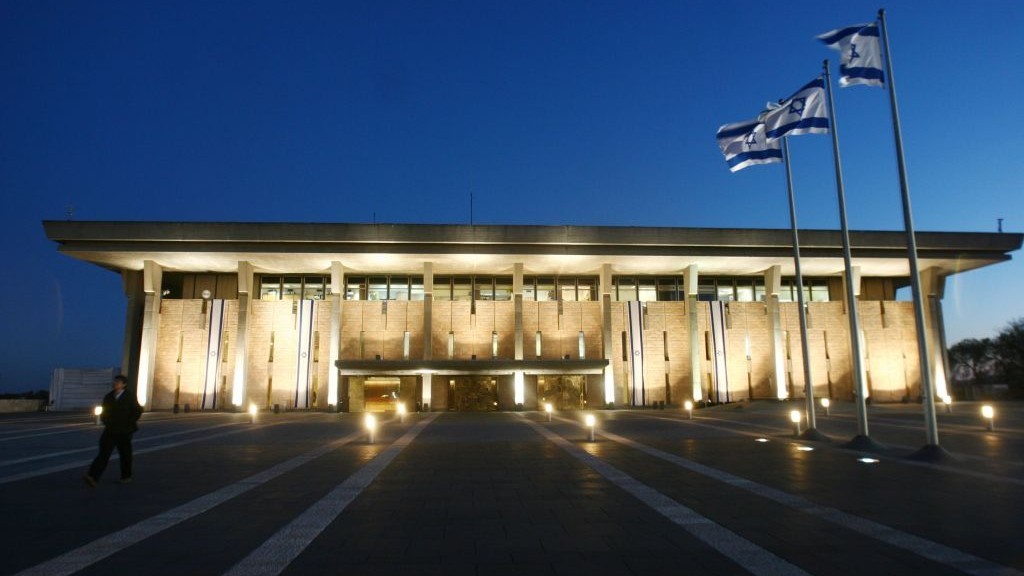By Ben Friedman
Talk Nerdy To Me: 5 Cool Facts You Didn’t Know About Israeli Law
1. Diverse Laws
Israel’s legal system is based on a combination of laws used by the Ottoman Empire during its 500 year rule of the country, and English common law used during the 30 years British Mandate. Since Israel’s founding in 1948, the Knesset (Israel’s parliament) passed new laws which modernized the current legal system, beginning with the Basic Laws.
2. The Basic Laws
Due to deep differences and disagreements between leaders, Israel’s founders did not agree on writing a constitution for the new state in 1948. Instead, Basic Laws were legislated by the Knesset in order to create a legal basis for a future constitution. Similar to the USA’s Amendments, the Basic Laws enshrine Israel’s democratic and Jewish values as the world’s only Jewish state.
3. The Law of Return
This Basic Law passed in 1950 gives Jews the right to return and live in Israel as citizens. In 1970, these rights were extended to people of Jewish ancestry and their immediate families. The passing of this revolutionary law intended to correct the hateful injustices of 1900+ years of expulsions, exiles, and massacres of Jews, and put into practice the Zionist movement’s dream to establish a Jewish state.
4. The Constitutional Revolution
Since 1992, High Court of Justice (Israel’s Supreme Court) Chief Justice Aharon Barak ushered in a new age of Knesset legislation dealing with human rights, which he called “The Constitutional Revolution”. The High Court advanced values like the Right to Equality, Freedom of Employment, and Freedom of Speech, and permitted the courts to strike down Knesset legislation inconsistent with the rights embodied in the Basic Laws. Barak said that Israel has been transformed from a parliamentary democracy to a constitutional parliamentary democracy, since its Basic Laws would be interpreted as its constitution.
5. Israeli Law Faculty
When it comes to law schools, Israel is famous as having the most prestigious faculties in the Middle East, led by the law faculty of the Hebrew University of Jerusalem- Israel’s top educational institution. Established in 1949 as the first Israeli university law faculty, most leaders of the Israeli legal system, including most past and present High Court Justices, have graduated or taught there. Current faculty members are top notch professors with established international reputations. Their work involves developments in legal theory with global applications and is regularly published in the world’s top law journals.
The student body is characterized not only by its exceptional quality of achievements by meeting the highest admission criteria in Israel, but also by gaining employment after graduation at the most prestigious clerking positions in the country. Both professors and students represent Israeli society’s great diversity, including Jews and Arabs, secular and religious, Israelis and non-Israelis, new immigrants and native Sabras.
The student body is characterized not only by its exceptional quality of achievements by meeting the highest admission criteria in Israel, but also by gaining employment after graduation at the most prestigious clerking positions in the country. Both professors and students represent Israeli society’s great diversity, including Jews and Arabs, secular and religious, Israelis and non-Israelis, new immigrants and native Sabras.

No comments:
Post a Comment